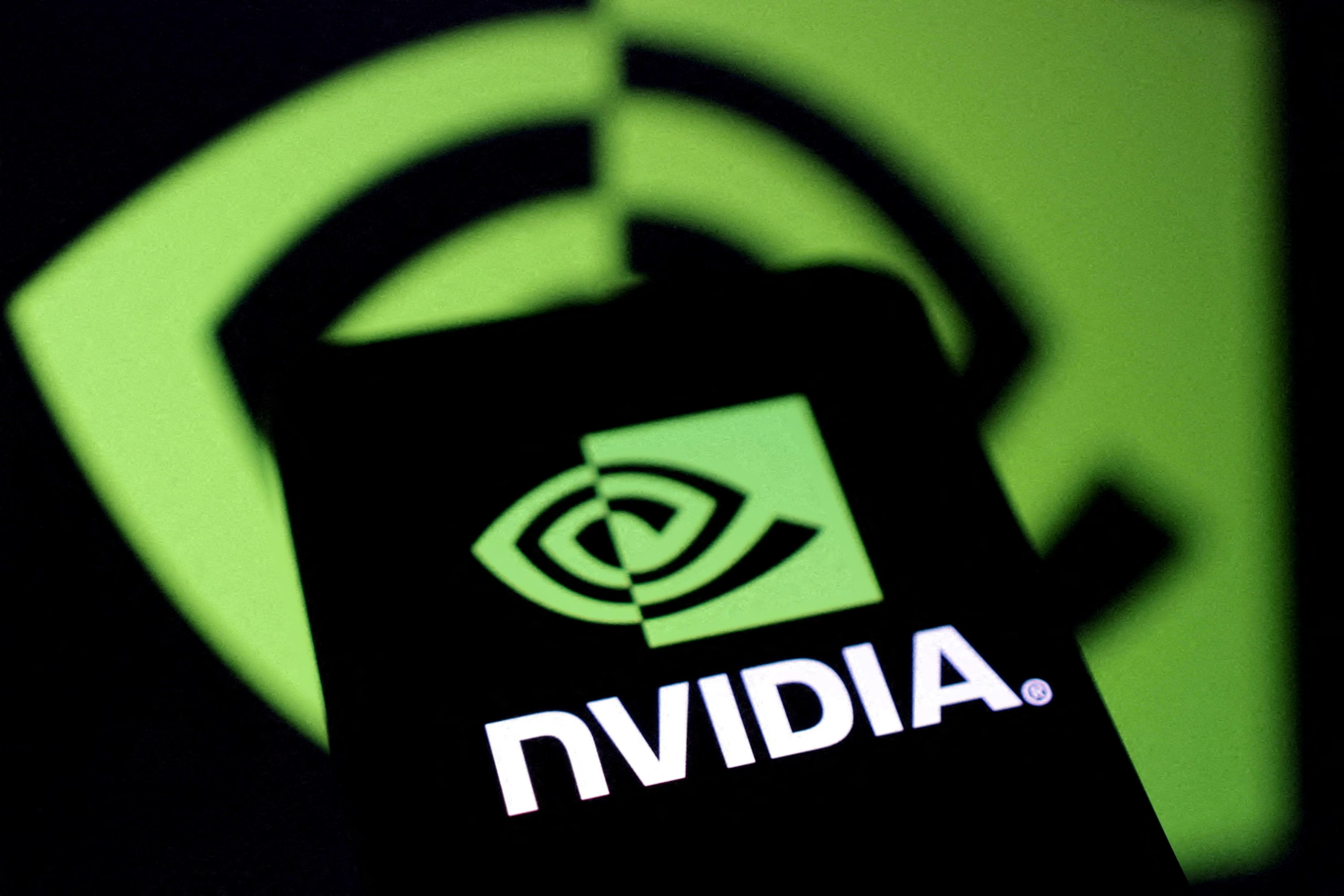Nvidia is projected to reach an $8.5 trillion market capitalization, driven by a "golden wave" of artificial intelligence adoption, according to recent analyst forecasts highlighted in a Bloomberg article published November 3, 2025. This ambitious target, predicted within the next two to three years, underscores the accelerating demand for AI infrastructure and Nvidia's pivotal role as the leading hardware provider. As of November 3, 2025, Nvidia's shares rose approximately 2.1% in pre-market trading, pushing its market cap toward $5.1 trillion.
The Trillion-Dollar Trajectory: AI Loops Fueling Growth
The $8.5 trillion valuation forecast by 2027-2028 is rooted in analyst models, particularly from firms like Rosenblatt Securities, which anticipate 40-50% annual revenue growth stemming from AI. This "golden wave" refers to self-reinforcing "AI loops," where advancements in artificial intelligence directly fuel an ever-increasing demand for Nvidia’s specialized hardware, primarily its GPUs. These loops create a virtuous cycle: better AI models require more powerful chips for training and inference, which in turn enable more sophisticated AI, driving further hardware demand.
Nvidia’s current market capitalization stood at $5.05 trillion as of 13:00 UTC on November 3, 2025, an impressive climb following its crossing of the $5 trillion mark on October 29. JPMorgan's research note from October 21 projected the AI accelerator market to hit $450-500 billion annually by 2026-2027, with Nvidia potentially capturing as much as $350 billion of that alone. This robust market outlook provides the foundation for the lofty valuation projections, reflecting strong investor confidence in the long-term AI growth narrative.
Nvidia's Dominance and Innovation in AI Hardware
Nvidia's strategic position in the AI ecosystem remains a key differentiator. The company commands over 80% market share in AI chips, a dominance that allows it to largely dictate the pace of AI infrastructure buildouts globally. Its proprietary CUDA software ecosystem further entrenches its position, making it challenging for competitors to offer comparable integrated solutions for AI workloads.
CEO Jensen Huang affirmed this momentum in an October 29 investor update, stating, "The AI loop is accelerating—our GPUs are the engine powering global AI infrastructure, with demand outpacing supply." This sentiment aligns directly with the "golden wave" narrative driving the market cap projections. Nvidia's latest Blackwell GPUs, scheduled for a Q4 2025 rollout, boast significant performance improvements, including 2-3 times greater energy efficiency compared to their predecessors, the Hopper series. These advancements are critical for handling the immense computational demands of next-generation AI, further solidifying Nvidia's technological lead.
Market Sentiment: Optimism Meets Valuation Concerns
While the enthusiasm around Nvidia's AI prospects is palpable, market reactions remain nuanced. Analysts like those at Rosenblatt are decidedly optimistic, viewing the current trajectory as an undeniable "golden wave." Indeed, some tech investors on platforms like X (formerly Twitter) have celebrated Nvidia's $5 trillion milestone as evidence of an "AI flywheel spinning faster" and heralding a "golden era" for AI.
However, not all market participants share this unbridled optimism. A segment of experts and community members express caution, with some hedge fund managers warning of an "AI mega bubble." Comparisons to historical market excesses, such as "tulip mania 2.0," have surfaced on forums like WallStreetBets and X, indicating growing concerns over Nvidia’s P/E ratio, which analysts calculate to be around 47x based on recent net profits. CNBC expert panels have also aired skepticism, with one commentator calling the $8.5 trillion projection "madness" given the current valuation metrics. The company also navigates challenges, particularly in China, where U.S. export restrictions continue to limit sales of high-end chips, though recent reports indicate some optimism regarding the China outlook. Overall, while the potential of AI remains a strong driver, a mixed sentiment prevails regarding Nvidia's long-term valuation sustainability.
